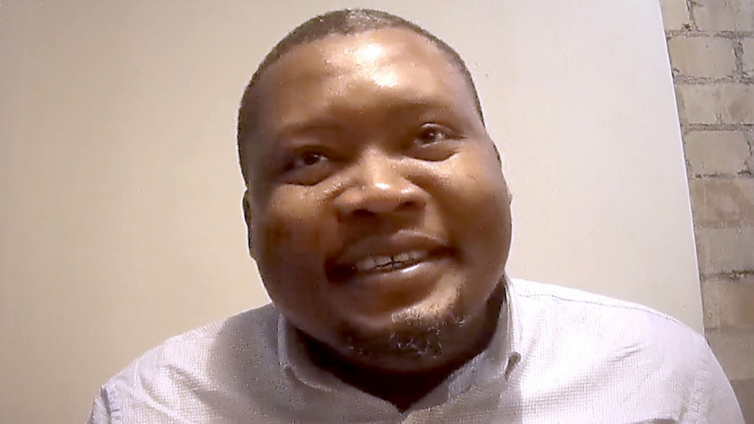A recent BBC undercover investigation has revealed the brazen tactics used
by rogue agents to scam foreign nationals applying for jobs in the UK care
sector. The shocking findings expose the exploitation of vulnerable migrants by
unscrupulous agents who profit from the country's visa system. The
investigation specifically uncovered how these agents use fraudulent methods to
recruit workers, with the aim of securing financial gain by selling
non-existent jobs.
One of the key figures in the scam is Dr. Kelvin Alaneme, a Nigerian doctor
who runs the relocation agency CareerEdu, based in Harlow, Essex. The BBC’s
secret filming captured Alaneme boasting about the lucrative opportunities in
the care sector, despite knowing the job vacancies he was offering were fraudulent.
Dr. Alaneme told an undercover journalist that by providing him with care home
vacancies, they could make a fortune, offering substantial commission payments
for each job procured. He openly admitted that the practice of charging
candidates for a job was illegal, yet continued to justify it, claiming it was
the only way many migrants could find employment.
The victims of these scams, like Praise, a Nigerian man who paid over
£10,000 for a non-existent job in the UK, shared their harrowing experiences.
Praise’s story highlights the emotional and financial toll of these scams. He
believed he was securing a legitimate position with Efficiency for Care, only
to arrive in the UK and find that the job did not exist. Despite months of
communication with both Dr. Alaneme and the so-called care company, Praise was
left stranded without work, eventually finding a new employer months later.
The BBC investigation also uncovered a wider pattern of exploitation within
the UK care sector, where agents prey on foreign workers desperate to secure
jobs in the UK. The Home Office, which oversees the visa system, has
acknowledged the vulnerabilities in the process, especially after the expansion
of the Health and Care Work visa in 2022, which allowed a broader range of foreign
workers to apply. This expansion, while intended to address workforce
shortages, has made the visa system an attractive target for exploitation.
Dr. Alaneme’s company, CareerEdu, had been the subject of complaints prior
to the investigation, with multiple victims alleging they had paid significant
amounts of money for jobs that did not exist. Despite the evidence of
fraudulent activity, Alaneme continued to deny that his agency was involved in
illegal practices. He claimed that the payments made by candidates were for
services such as transport, accommodation, and training, and that he offered to
help victims find alternative employers free of charge. However, the evidence
presented by the BBC suggests otherwise, with Alaneme operating a complex web of
deceit to line his pockets.
In another instance, the BBC filmed another UK-based recruitment agent, Nana
Akwasi Agyemang-Prempeh, who had been running similar scams, charging
candidates hefty sums for fake certificates of sponsorship (CoS). These fake documents,
which were supposed to guarantee employment in the UK, were replicated versions
of legitimate documents issued by care companies. Agyemang-Prempeh’s operation
had expanded to other industries, such as construction, as a way to bypass
stricter regulations in the care sector. This shift to other sectors, like IT
and construction, highlights the growing trend of agents diversifying their
scams in response to tightening immigration controls.
The Home Office has now revoked the sponsorship licence of Agyemang-Prempeh,
following his involvement in the fraudulent practices exposed by the BBC
investigation. The government has also cracked down on rogue employers, with
the Home Office taking stronger action against companies found guilty of
exploiting foreign workers. In response to the increasing number of scams, the
government has introduced new measures, including a ban on businesses that
violate employment laws from sponsoring foreign workers.
Despite these measures, the problem of immigration scams remains a
significant issue, with many migrants continuing to fall prey to dishonest
agents. The ongoing exploitation of foreign workers, particularly in sectors
facing staff shortages, has raised serious concerns about the effectiveness of
the UK’s immigration system. The revelations from the BBC investigation serve
as a stark reminder of the need for greater oversight and accountability within
the recruitment industry, especially in sectors that rely heavily on foreign
labor.
The issue is far from isolated to the care sector, as other industries,
including construction, are now being targeted by rogue agents seeking to
exploit the sponsorship system. With the UK government’s clampdown on these
fraudulent activities, it remains to be seen how successful these efforts will
be in curbing the rising tide of immigration scams that continue to affect
vulnerable workers from across the globe.




No comments yet
Be the first to share your thoughts!